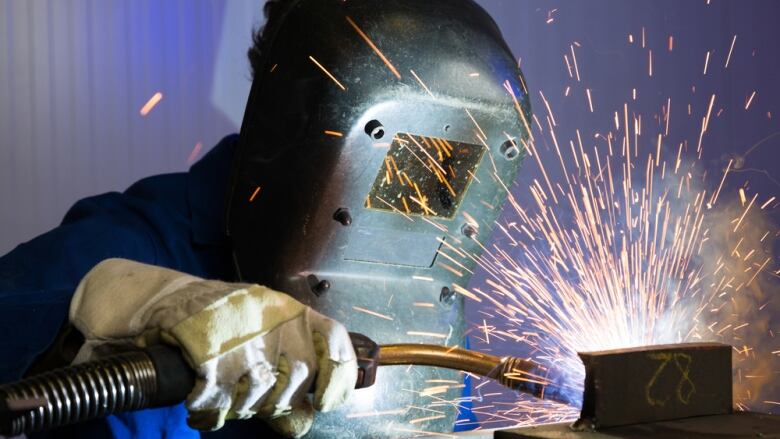Getting to the bottom of the skilled trades shortage in the province
'It's very hard for an apprentice to get opportunities to be trained,' Workforce Planning Board says

The Ministry of Training, Colleges, and Universities is asking the 26 workforce planning boards across the province to identify projected shortages in skilled trades in the next five years.
"Employers knew this was coming, people have been complaining about this, saying we really need to prepare for this," says Reggie Caverson,executive director of the Sudbury and Manitoulin's Planning Board.
"And it's really like the stars aligning. Things are getting tighter and tighter all the time and we're getting closer and closer to the ages where our older journey persons will be retiring."

Caverson says that is why they are trying to determine from employers what trades are in demand. Part of the problem is that taking on apprentices can bevery challenging.
"We're still finding employers are not stepping up to the plate. There are some that do a lot of training and some that don't."
Caverson says there are also a range of issues identified by employers. One is the training that students receive in college.
"There is a misalignment between what's happening in college versus what's happening in the field in terms of the real world of work. Technically the college job is to provide that information and some of the initial training but the employers are wanting fully experience train journey persons. So it's very hard for an apprentice to get opportunities to be trained."
Caverson says they will be knocking on employers'doors and sending out an online surveyto find out more about their challenges.
Right now, she says they are hearing the top trades in demand are heavy duty equipment technician, welders, millwrights and carpenters.
Theissue can also be addressed in high school, says Caverson. Many teachers are university trained and don't understand what it is like step in a trade shop.
"A lot of teachers, we're finding, do not understand the complexity of the trades, the requirement for very strong math skills, and being able to write reports. And so we've been urging the Ministry of Education and educators to go back to teaching basic math, as we're finding a lot of young people don't have the math skills that are required for the trades."
The report is due to the province by mid-January.












_(720p).jpg)


 OFFICIAL HD MUSIC VIDEO.jpg)
.jpg)



























































































